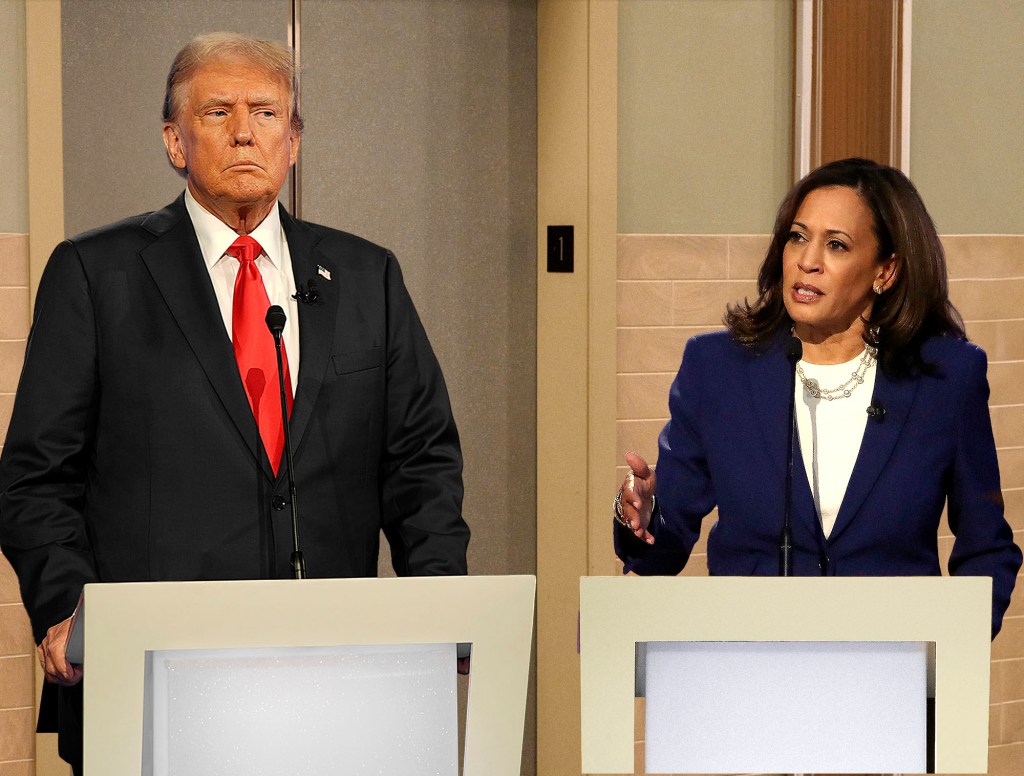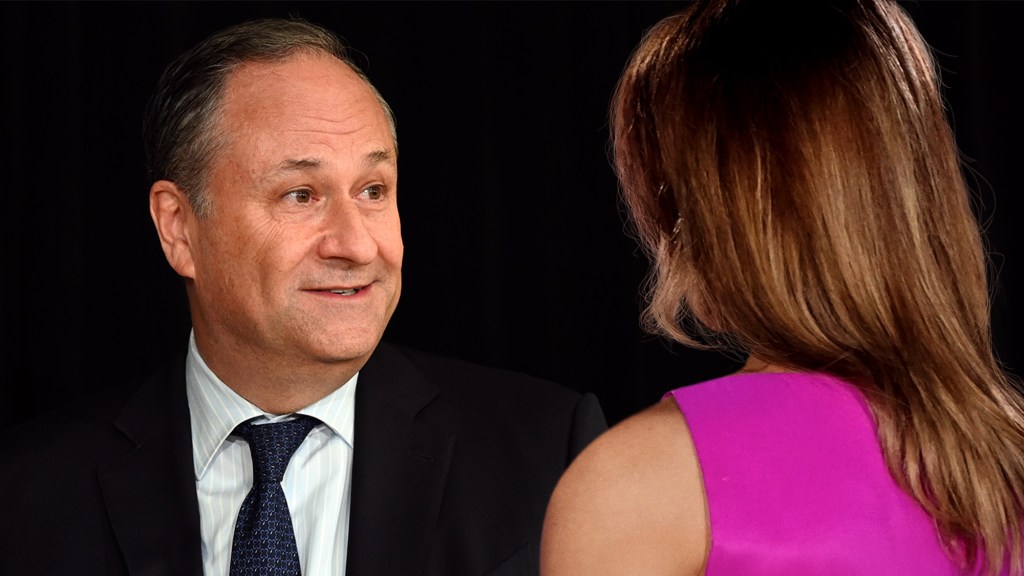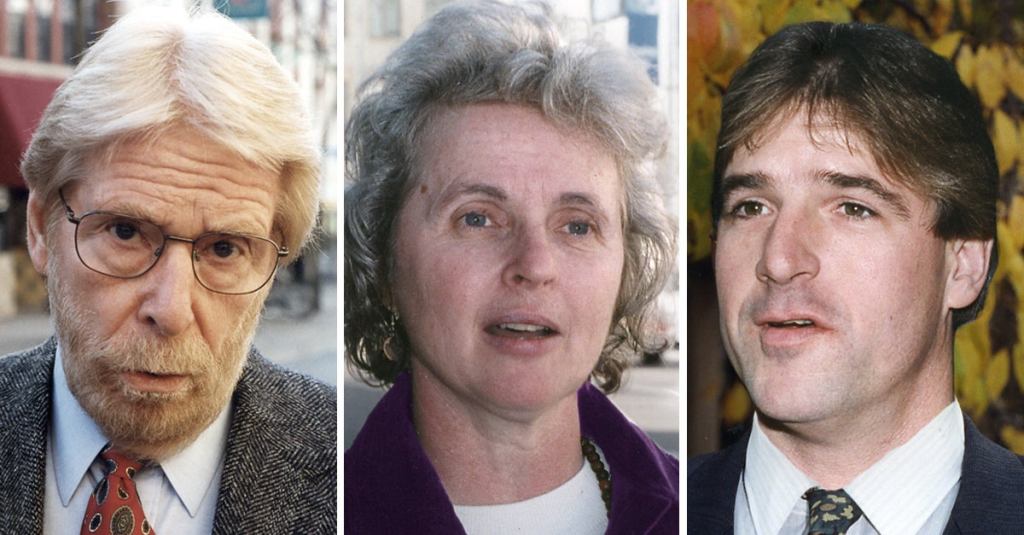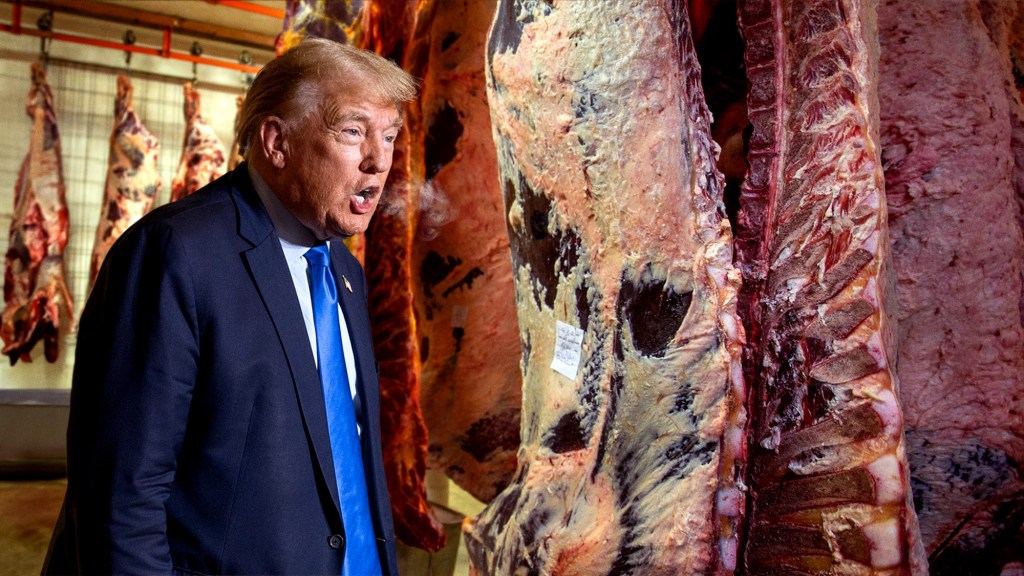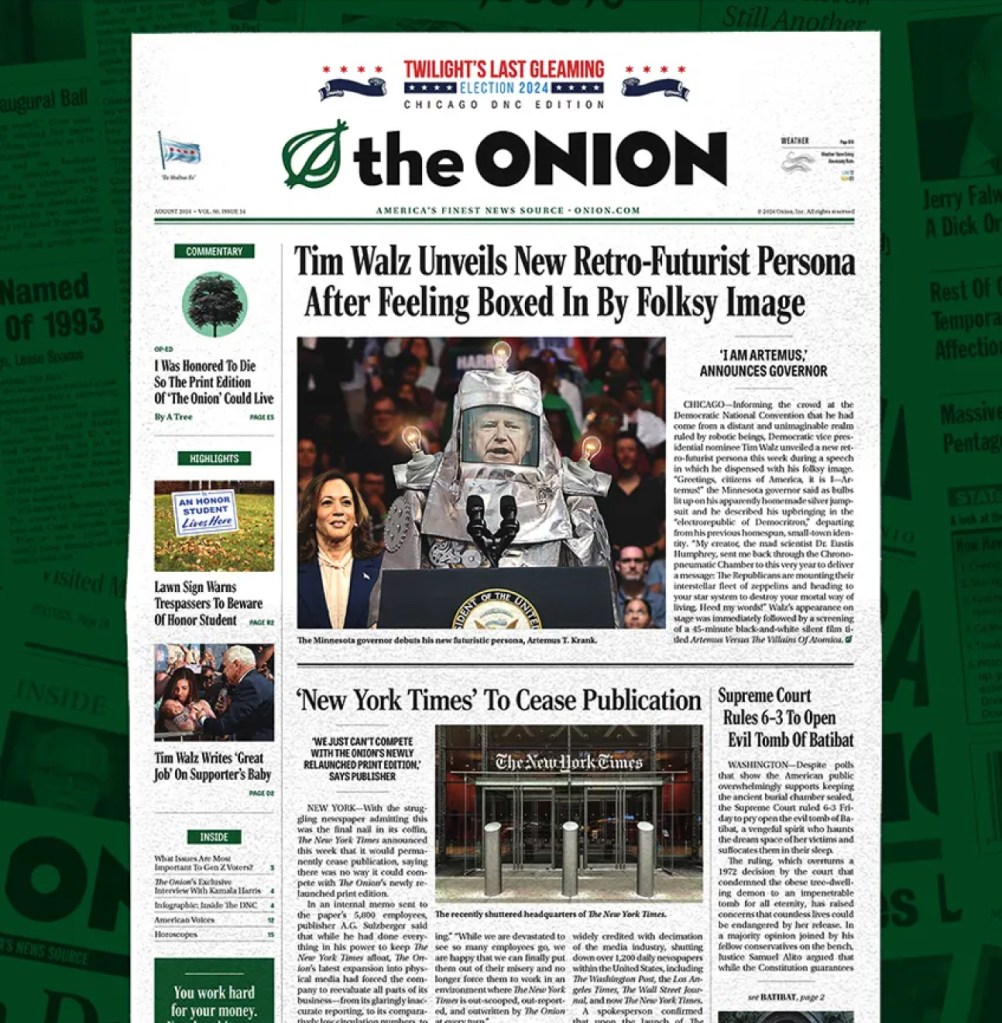NEW YORK—A report published Friday by a team of sociologists has confirmed there are apparently people living in the world today who are deeply concerned about the current state of hip-hop and who continually express genuine worry over the musical genre’s future.
According to the findings, at any given moment, hundreds of very serious conversations about the changing face of hip-hop are taking place, with many individuals appearing to have an actual emotional stake in matters such as the values of modern-day rappers, technology’s impact on the music, and Gucci Mane’s eventual place in cultural history.
“These people actually exist,” said New York University sociologist David Wolfsheim, who stressed that he was not referring just to artists, music industry employees, or even professional critics, but to everyday individuals who, for reasons not yet understood, feel a heavy personal investment in the state of hip-hop. “They experience true anxiety, day in and day out, about where the music has been and where it’s headed, almost as if their own futures depended upon it.”
“Believe it or not, these are otherwise normal people who are unable to listen to a single track by someone like Lil Wayne or Rick Ross without immediately worrying about whether the song remains true to hip-hop’s roots,” Wolfsheim continued. “This is a real thing that happens.”
Calculations from the report indicate that the amount of time and energy such individuals devote to their concern over the quality of today’s hip-hop artists and the direction it is taking is roughly equivalent to what ordinary human beings might devote to working hard at a chosen career, spending time with family and loved ones, or finding ways to actually contribute something to the communities in which they live.
The report also confirmed that the sentences “Mainstream hip-hop is losing its street edge,” “The over-commercialization of rap is ruining modern music,” and “Sometimes, it seems like nothing will ever top classic Public Enemy,” are all statements that have been uttered with full sincerity over the past year.
“Many of these individuals have been known to devise complex theories as to why hip-hop’s sound has changed over the years, and some have even written serious, in-depth manifestos on how the genre’s ‘authenticity’ can be restored,” Wolfsheim said. “Most worryingly, perhaps, the stress levels observed in these individuals as they discuss hip-hop’s declining relevance to our culture is off the charts.”
“They get really, really upset about it,” he added.
In addition, Wolfsheim noted the discovery of hundreds of websites and blogs that appear to be entirely dominated by very earnest debates about what it means to be a true hip-hop artist, and how a higher level of consciousness “must” be revived in rap. According to estimates, approximately 237 million words have been devoted to the theory that the music has changed because today’s performers didn’t “come up as hard” as earlier generations and will “just say whatever it takes to sell a record.”
Thirty-nine-year-old Boise, ID resident Wallace Briggs, a real-life human being who described himself as “deeply troubled by at least nine distinct trends in modern hip-hop,” spoke to reporters Friday about his gravest fears.
“Sometimes I lie awake in the middle of the night thinking, my God, what if the golden age of hip-hop is over for good?” said Briggs, a physical therapist and father of two. “It’s devastating. I just don’t know if the artists emerging today can ever restore the social relevance and cultural vibrancy of the music.”
Pressed for further comment, Briggs acknowledged that he has been voicing this exact same sentiment about hip-hop since 1988.




